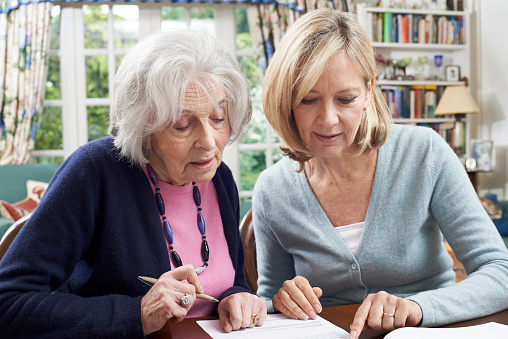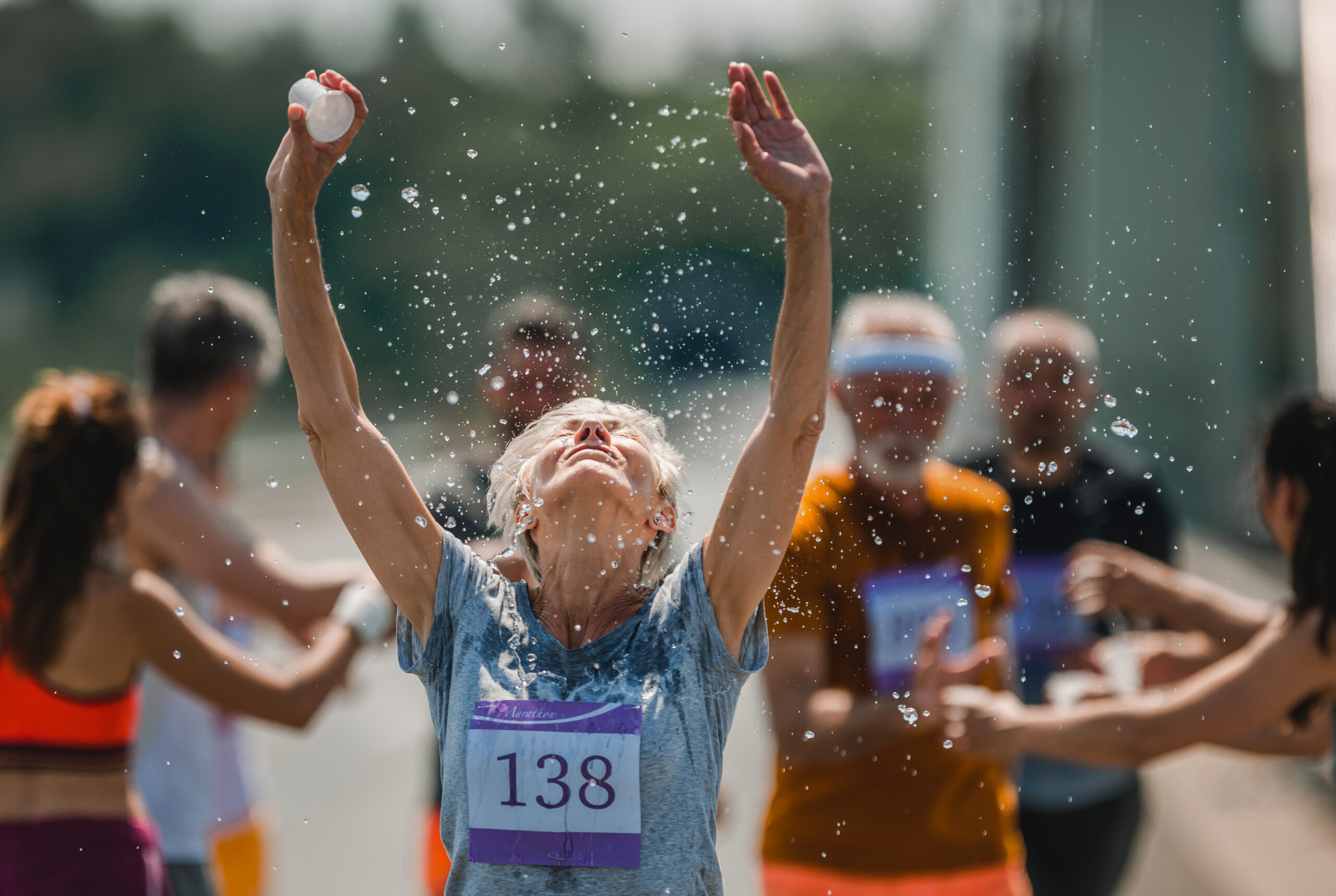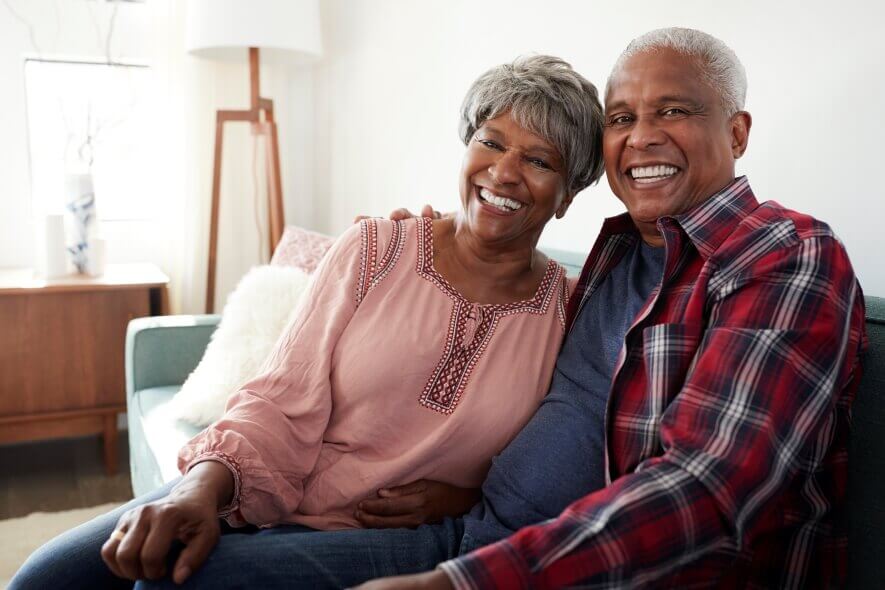When my daughter pointed out that I had just spoken to my 91-year-old mother, a former college professor, like a child (very slowly and patronizingly), I was horrified. I thought I was being sweet.
It goes to show that even an enlightened soul like me—who writes professionally about 50+ caregiving and was a long distance caregiver to two parents and an in-law—can fall into the “elderspeak” trap. In the geriatric world, the word describes a way of talking to older adults that smacks of ageism and can be harmful to them.
Most often it’s done by staff in long-term care facilities, especially with dementia residents during feeding, bathing and other task-oriented times. But, it also happens with store clerks, waiters, younger people, and, apparently, me. Elderspeak is one form of negative age stereotyping. Some even call it a form of bullying.
In addition to tips for breaking the elderspeak cycle, in this article, we discuss how elderspeak has serious implications. Once you’re aware of it, treating people the way you want to be treated—with dignity and respect, regardless of their frailties—will become easier, if not automatic.
Identifying Elderspeak
It’s almost always unintentional, but would you like it if someone spoke to you like you were a toddler or the family dog? If you were in your 80’s (or any age, really), how would you feel about being called “young lady,” “dearie,” “sweetheart” or other intimate endearments—often by strangers?
Here are other telltale signs of elderspeak:
- All conversation is directed at the younger person when it involves the older one (i.e. “Hey, doc, remember me? I’m the one you’re talking about in this room!”)
- Even if they have no hearing issues, you talk in a LOUD voice, assuming they do.
- You speak to them in a singsong, high or exaggerated tone as if they have cognitive issues. (Some people do, but that’s not what I’m talking about and they don’t need to hear baby talk regardless.)
- Your sentences are short and simplistic.
- You treat them like they’re incompetent or subservient.
- You talk to them like they’re a small child with such phrases as “that’s a good girl” or “now we’re going to take our medicine.”
Why Elderspeak Matters
Talking down to someone is not just annoying but can have serious health and behavioral implications.
Kristine Williams, a nurse gerontologist and professor of nursing at the University of Kansas, studies elderspeak, especially with dementia. “The underlying message of elderspeak is based on stereotypes that older people are less competent,” she says. “It can cause injuries of self-esteem and make them more depressed so they avoid interaction.”
According to Williams, older adults may then perceive themselves as less capable and become more dependent. Ever heard of a self-fulfilling prophecy?
In one study, Williams and her colleagues offered three elderspeak educational sessions to staff at 13 nursing homes who worked with difficult dementia residents . They found that those sessions reduced staff elderspeak from 34.6% to 13.6%.
Another finding: those with dementia were more than twice as likely to be uncooperative when staff used elderspeak. Put another way, not using it reduced behavioral problems by more than 50%.
Negative Age Stereotypes Have Health Consequences
Becca Levy, professor of epidemiology and psychology at the Yale School of Public Health, has done extensive research on negative age stereotypes. Elderspeak can activate and perpetuate these stereotypes.
Here is what Levy and her colleagues have discovered through their research:
- Longer lives were associated with positive self-perceptions of aging (SPA). C-reactive protein, a substance produced by the liver that increases inflammation in the body, was lower in those with PSA.
- Negative age stereotypes may trigger brain changes associated with Alzheimer’s disease. In one study with dementia-free participants, those with ageist stereotypes earlier in life had greater shrinkage in the hippocampus, an area in the brain that affects learning and memory, and more amyloid plaques and neurofibrillary tangles associated with the disease.
- Why some older adults recover from disabilities and others don’t may, in part, be determined by PSA. It can promote recovery by limiting the cardiovascular response to stress and improving physical balance, among other things.
How to Combat Elderspeak
It’s hard to break the elderspeak cycle because it is so pervasive. People do it, it’s not challenged and it continues. Don’t assume that people are ill intentioned, however. They probably don’t know they’re being pejorative.
Here are five strategies to consider:
- When appropriate, politely point out the issue. You might say something like, “I just heard you call my father a ‘young man.’ Why did you use that term?” The goal is to help them realize it might be offensive and question it.
- Correct others, when needed. If you know your parent wants to be called Mr. or Mrs. Last Name, have them (or you can) tell health care professionals that they prefer it to their first name or “honey.” (“My dad really likes to be called Mr. Last Name.”) You are giving them the right cues to communicate more effectively.
- Offer training. Healthcare workers, in particular, need to be made aware of elderspeak—and how to stop it. Williams’ studies show that education works.
- If the older adult is able, have them remind the staff of their independence and capabilities. If not, be their advocate.
- Envision your parent before their disability or limitations. Communicate with them like you would have before it happened. When you need to make modifications, “make sure you you’re only modifying what you say or how you say it based on what they need, not on stereotypes of older people,” says Williams.
Levy is optimistic: “Elderspeak hasn’t received as much attention to overcome as other prejudices. Sexist language, for example, has been reduced. It hasn’t happened as much for older people yet, but with increasing awareness, there’s hope.”
Read more – What is Ageism and 5 Ways to Stop It







The purpose has gotten out of hand with elder speaking. I agree it has turned into a bullying….mater of fact my daughter does it to me, because she gets away with it around my mother. Iv warned her to stop acting like a drama queen. Our relationship has subsided since.
Many groups suggest offering training on elderspeak yet I can’t seem to find any trainings available. Do you have any suggestions?
Elana,
We were able to find these two academic journal articles that reference a training program intervention for nursing homes. Hope this helps!
The Journal of Continuing Education in Nursing: Transitioning Communication Education to an Interactive Online Module Format (2017)
The Gerontologist: Improving Nursing Home Communication: An Intervention to Reduce Elderspeak (2003)